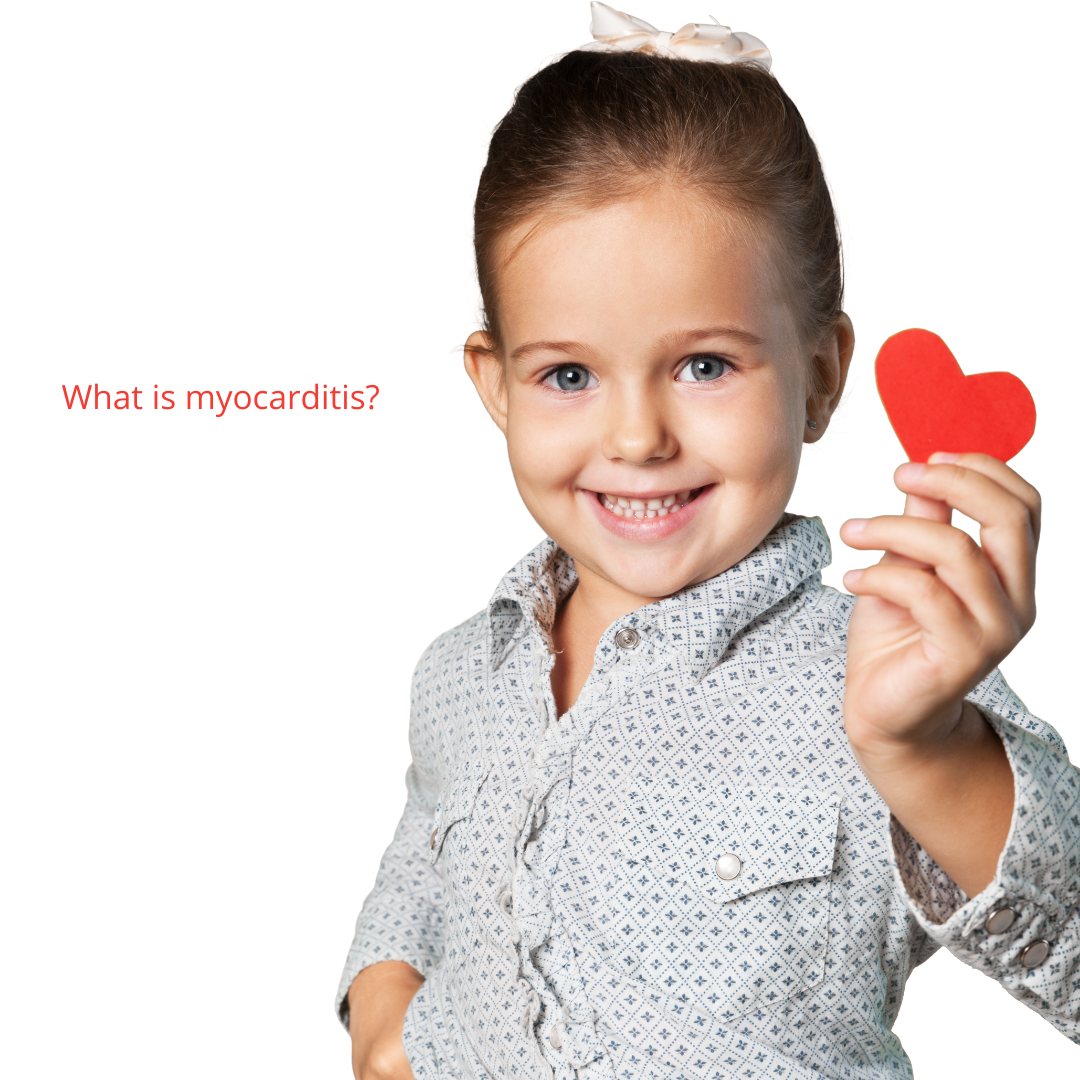Myocarditis is inflammation of the heart muscle. Pericarditis is inflammation of the outer lining of the heart. In both cases, the body’s immune system causes inflammation in response to an infection or some other trigger. Most cases of myocarditis will self-resolve while other cases recover several months after treatment is received. Sometimes this condition can recur and can cause symptoms related to inflammation such as chest pain or shortness of breath. Let’s talk more about what can cause it.
What Causes Myocarditis?
There are many reasons including:
- Infection
- Medications
- Chemicals
- Radiation
- Certain diseases that cause inflammation in many different organs of the body
The Immune System, Viruses, and COVID-19
A healthy immune system can defeat invading disease-causing germs (or pathogens), such as bacteria, viruses, parasites—as well as cancer cells—while protecting healthy tissue. Understanding how the immune system works and how we can help protect our bodies is essential to the fight against the COVID-19 pandemic.
In most children, myocarditis is triggered by an infection, usually viral, involving the heart.
At the onset of COVID-19 we treated more patients who were diagnosed with Multi-System Inflammation in Children, or MIS-C. This is a rare but serious condition associated with the pandemic in which different body parts become inflamed including the heart, lungs, kidneys, brain, skin, eyes, or gastrointestinal organs.
With regard to the heart, treatment is based on how badly the heart is affected. Many children have a complete recovery, but some may develop serious heart failure and require chronic care from a cardiologist.
Learn more by tuning in to this TV spot w/ KOLD News, Tucson, featuring Dr. Brian Blair.


